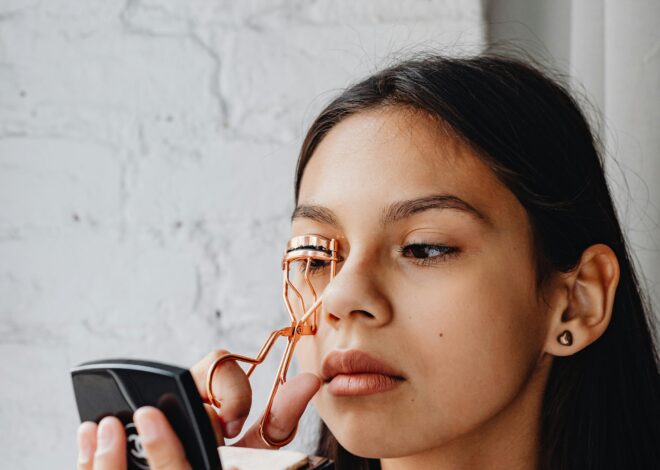Acne can be an unsightly annoyance or a serious concern with worries of scarring and infection. Fortunately, there are effective acne medications to deal with whiteheads, blackheads and cystic acne, both at your local drugstore and through your dermatologist. Common choices for both teen and adult acne include benzoyl peroxide, salicylic acid and Retin-A.
Function
Topical acne treatments work by drying up excess oil on the skin, clearing the skin of pore-clogging debris and killing the bacteria that cause acne, according to the Mayo Clinic. Oral antibiotics and oral contraceptives are also used to treat acne, by working on the root causes of breakouts, whether they are bacterial or hormonal.
Types
Over-the-counter (OTC) acne medications include cleansers, toners and creams. Treatment creams allow the medication to remain on the skin, but cleansers and toners can help to keep your skin clean and oil to a minimum. According to the Acne website, one of the most effective treatment regimens for mild to moderate acne is a gentle cleanser followed by an all-over application of a 2.5 percent benzoyl peroxide cream. Salicylic acid options may be less drying on older skin. If you are suffering from severe acne, speak to a dermatologist about options like Retin-A cream to treat your acne.
Considerations
When shopping for OTC acne medications, keep in mind that most of these medications use the same active ingredients, so you can choose a less expensive option. Start with lower concentrations of the active ingredients to reduce side effects, including redness, dryness and peeling. Allow six to eight weeks to see results, and don’t be surprised if your skin gets a bit worse before it gets better. If you don’t see an improvement after eight weeks of treatment, consider seeing your doctor, according to the Family Doctor website.
Effects
Both OTC and topical prescription acne medications may cause side effects. These are typically mild, but they can include redness, dryness and peeling. A noncomedogenic light moisturizer may relieve many issues. If you are using harsher prescription acne medications, your dermatologist may be able to help you manage side effects during the first weeks of use. Many acne medications, including Retin-A and alpha hydroxy acids, can cause sun sensitivity, so use a gentle sunscreen that won’t clog your pores, according to the Family Doctor website.
Prevention/Solution
The best solution to acne is avoiding it altogether. Unfortunately, for many of us, acne has more to do with oil production, hormones and genetics than skin care. You can use certain techniques to keep acne at bay. Wash your face daily with a gentle cleanser, and wash more frequently if you are sweaty, says the Web MD website. Avoid touching your face; skip the oily hair products. Choose cosmetics labeled “hypoallergenic” and “noncomedogenic” to keep your pores stay clear and clean.
Photo Credit
- teenage girl with acne 2 image by Kathy Burns from Fotolia.com





